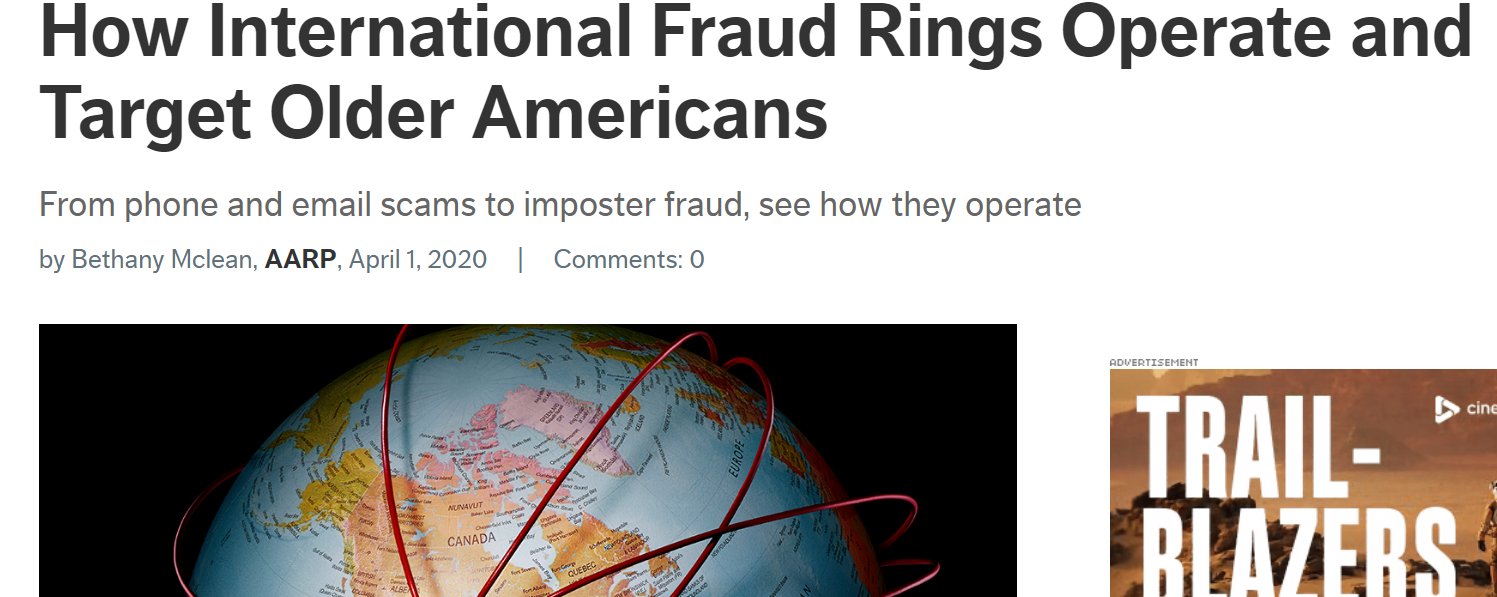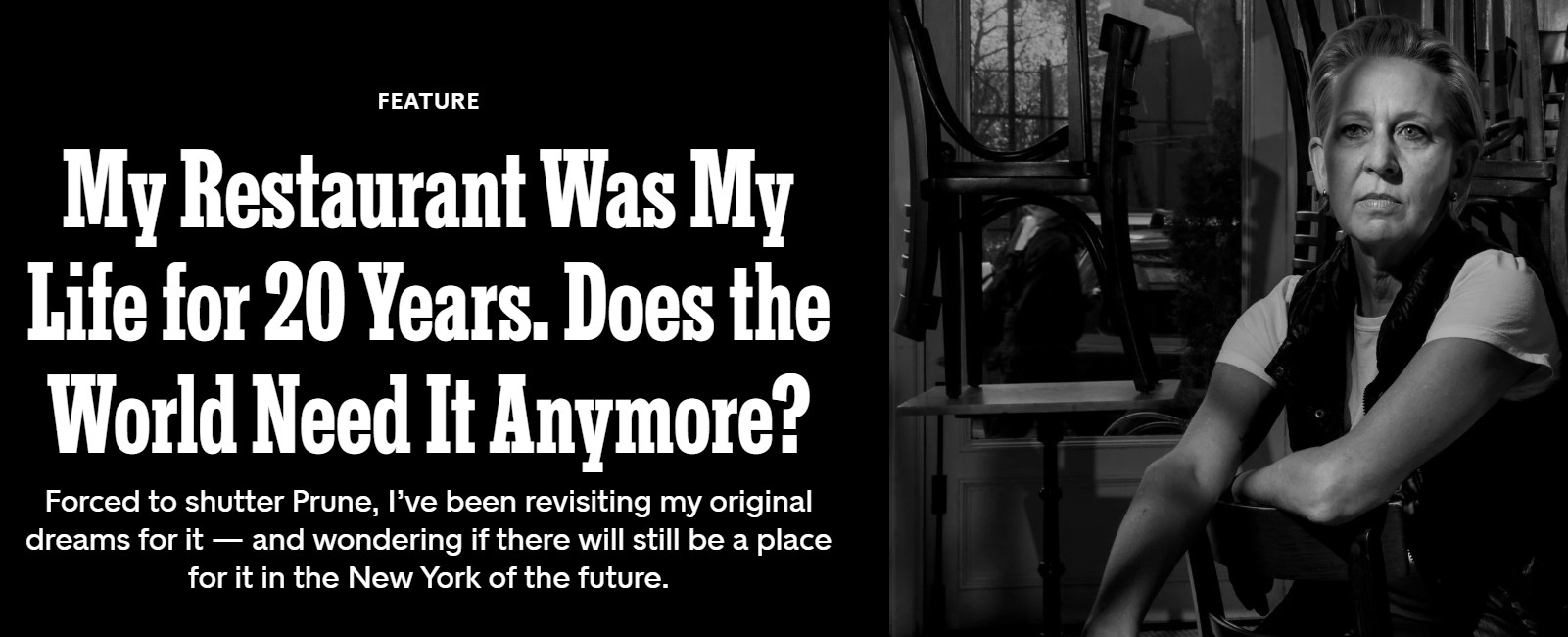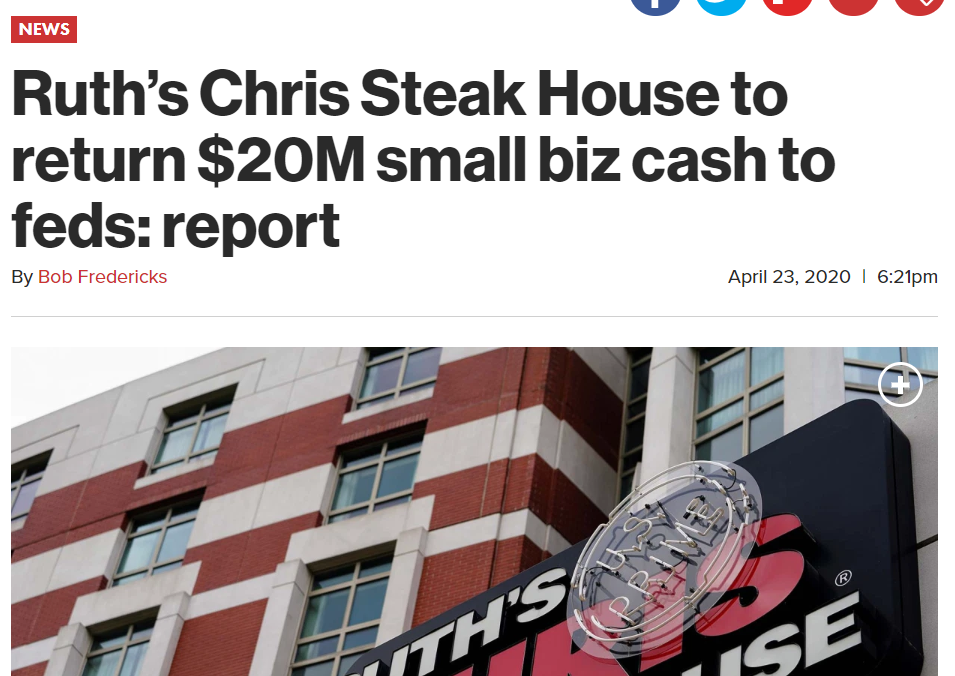Corruption, lobbying, corporate malfeasance, and frauds: a weekly unconventional selection of must-read articles by investigative journalist Bethany McLean.

Warning! Self promotion alert. I did this piece for AARP because I’ve always wondered if the media’s focus on the sensational cases of corporate fraud (Enron! Theranos!) ignores the issue of how most Americans get defrauded. I found that the world of scammers is scarily sophisticated (say that fast) – and I’m sure my piece is already out of date due to the rapid emergence of Covid related scams.
Speaking of covid 19, I was going to try to do a reading list that didn’t include it, just because we all need air. But I found that I couldn’t when I read this remarkable piece. No, it isn’t a scandal. But it’s a reminder that the economy is not just big business, and not just profits, but people’s hopes and dreams, their lives as well as their livelihoods.
In some ways, this piece is depressing. It’s a reminder that when the trough is open, the pigs will show up. But I actually found it incredibly encouraging. It’s a reminder that even in these times, a public outcry can make all the difference. Keep your voices loud, please.








